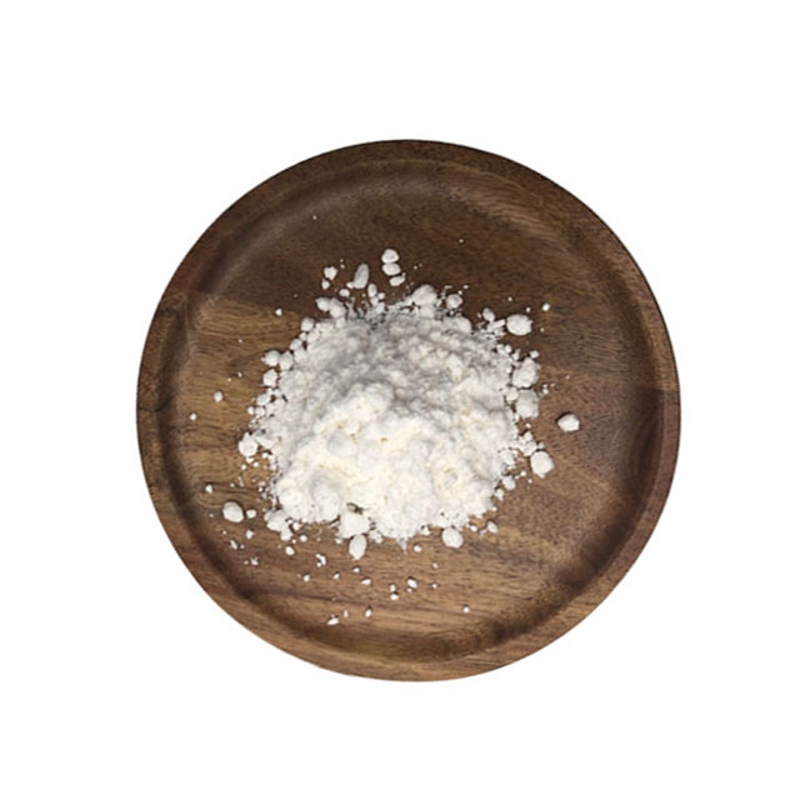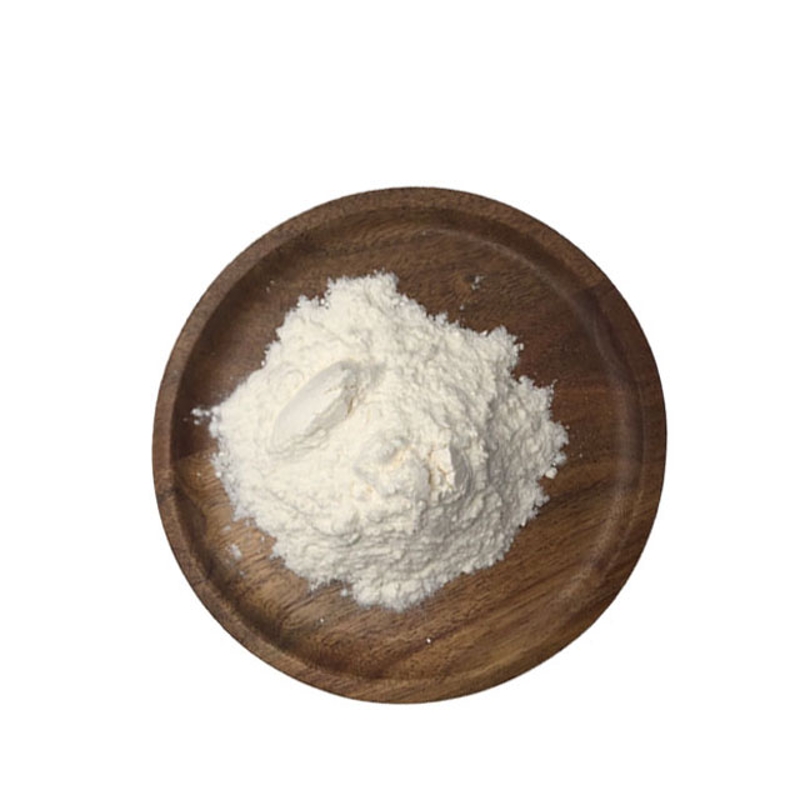-
Categories
-
Pharmaceutical Intermediates
-
Active Pharmaceutical Ingredients
-
Food Additives
- Industrial Coatings
- Agrochemicals
- Dyes and Pigments
- Surfactant
- Flavors and Fragrances
- Chemical Reagents
- Catalyst and Auxiliary
- Natural Products
- Inorganic Chemistry
-
Organic Chemistry
-
Biochemical Engineering
- Analytical Chemistry
- Cosmetic Ingredient
-
Pharmaceutical Intermediates
Promotion
ECHEMI Mall
Wholesale
Weekly Price
Exhibition
News
-
Trade Service
In June 2021, the internationally renowned oncology journal "Journal of Hematology & Oncology" published data from a phase II clinical study of immunotherapeutics carried out by Chinese researchers
Two of the highlights have attracted widespread attention:
1.
Second, the indications of this clinical study are not based on tumor types, but a biomarker-high degree of microsatellite instability/mismatch repair defect (dMMR/MSI-H)
What is the prospect of cancer therapy based on biomarkers? Compared with the already marketed PD-(L), what is the difference between Envolimab? This article will interpret and sort out for you
immunity therapy? Testing first!
immunity therapy? Testing first!The occurrence and development of tumors are closely related to the function of the body's own immune system
Immune checkpoint inhibitors have extended the lives of cancer patients as never before, but its efficacy has been restricted to a certain extent: not all patients benefited from the treatment of immune checkpoint inhibitors
This means that before using PD-(L)1, it is necessary to identify those patients who can produce an effective response to avoid blind medication
After some exploration by scientists, in the treatment of immune checkpoint inhibitors, the expression of PD-L1 (programmed cell death protein 1 ligand) is currently detected more widely, which is mainly used in lung cancer
MSI-H/dMMR-a new benchmark for precision immunotherapy
MSI-H/dMMR-a new benchmark for precision immunotherapyMicrosatellites are short tandem repeats throughout the human genome
As early as 1993, the literature first reported the existence of microsatellite instability in colorectal cancer (CRC), which opened the way for the exploration of MSI
The significance of MSI is that its occurrence is related to a mismatch repair gene defect (dMMR), which can cause high-frequency mutations in the cell's genome, thereby increasing the risk of cancer.
A number of clinical studies have confirmed that patients with MSI-H/dMMR solid tumors have significant benefits when receiving immune checkpoint inhibitor therapy
Based on the strong predictive value of MSI-H/dMMR in tumor immunotherapy, the detection of MSI status and corresponding immunotherapy have been successively upgraded in a number of domestic and foreign guidelines
This year, the two major guidelines for gastric cancer and colon cancer issued by the National Comprehensive Cancer Network (NCCN) have updated the diagnosis and treatment of people who benefit from MSI-H/dMMR immunity
In 2021, the colorectal cancer diagnosis and treatment guidelines of the Chinese Society of Clinical Oncology (CSCO) list MSI-H/dMMR patients separately in the treatment of patients with advanced colorectal cancer.
China's first nano-PD-L1 for MSI-H/dMMR indication is about to be approved
China's first nano-PD-L1 for MSI-H/dMMR indication is about to be approvedIn 2017, the U.
In China, this year the National Medical Products Administration approved China's first microsatellite instability (MSI) detection kit based on "multiplex fluorescent PCR-capillary electrophoresis", making MSI once again the focus of immunotherapy
.
Today, although none of the PD-(L)1 that has been marketed in China has been approved for MSI-H/dMMR indications, this will become a reality in the near future-China’s self-developed PD-(L)1 The L1 inhibitor Envolimab injection submitted a new drug marketing application to the National Food and Drug Administration in November 2020 for the treatment of MSI-H/dMMR advanced colorectal cancer, gastric cancer and other solid tumors that have failed the previous standard treatment
.
The listing application has been included in the priority review and is expected to lead the immunotherapy of China's MSI-H/dMMR solid tumor field
.
In addition, the drug has previously been approved by the US FDA for two orphan drugs for the treatment of biliary tract cancer and soft tissue sarcoma
.
Compared with the PD-(L)1 inhibitors currently on the market and under development, the uniqueness of Envolimab is that it is a nanobody, which combines the advantages of traditional antibodies and small molecule drugs: small molecular weight , High water solubility, high stability, strong tissue penetration, thus showing good anti-tumor efficacy and safety:
In a phase II clinical trial conducted in patients with advanced solid tumors of MSI-H/dMMR in China, the objective response rate (ORR) of envolimab in the treatment of patients with second-line and above was 42.
7%, and the median progression-free survival was 11.
1.
Month, the 1-year overall survival rate was 74.
6%
.
In terms of safety, the incidence and occurrence of immune-related adverse events (irAE) are similar to similar products
.
Another major advantage of Envolimab is that it has an internationally unique method of subcutaneous injection and has no infusion reaction.
It can be used for patients who are not suitable for intravenous infusion, and the medication is more convenient
.
Based on this unique mechanism and dosage form, it is believed that in the near future, envolimab will bring new treatment options and hope for survival to Chinese patients with advanced solid tumors of MSI-H/dMMR, and will also lead China's tumor immunotherapy.
Towards the era of precision treatment
.
Original source:
Tang, B.
, Yan, X.
, Sheng, X.
et al.
Safety and clinical activity with an anti-PD-1 antibody JS001 in advanced melanoma or urologic cancer patients .
J Hematol Oncol 12, 7 (2019).
https: //doi.
org/10.
1186/s13045-018-0693-2.
in this message







